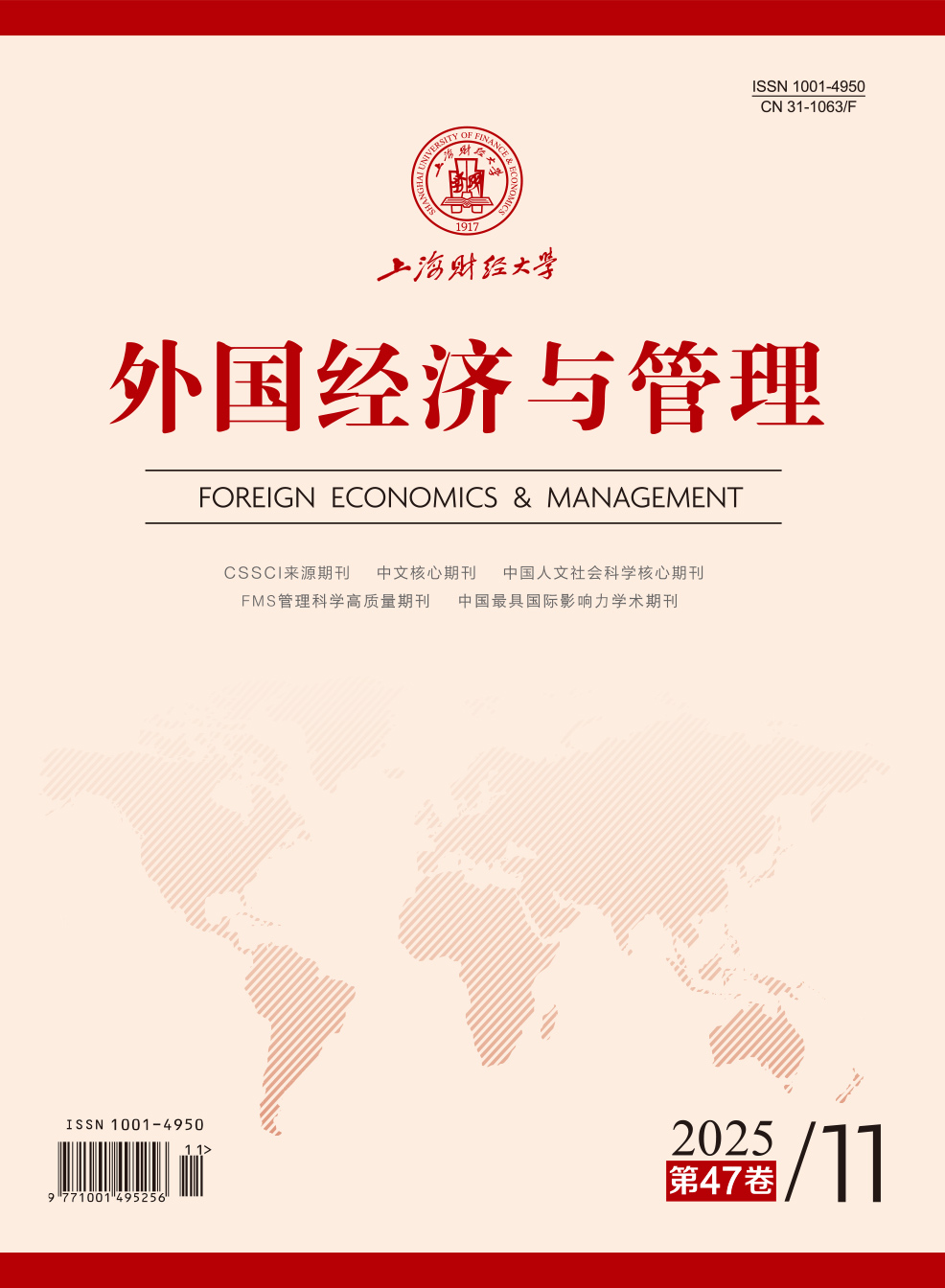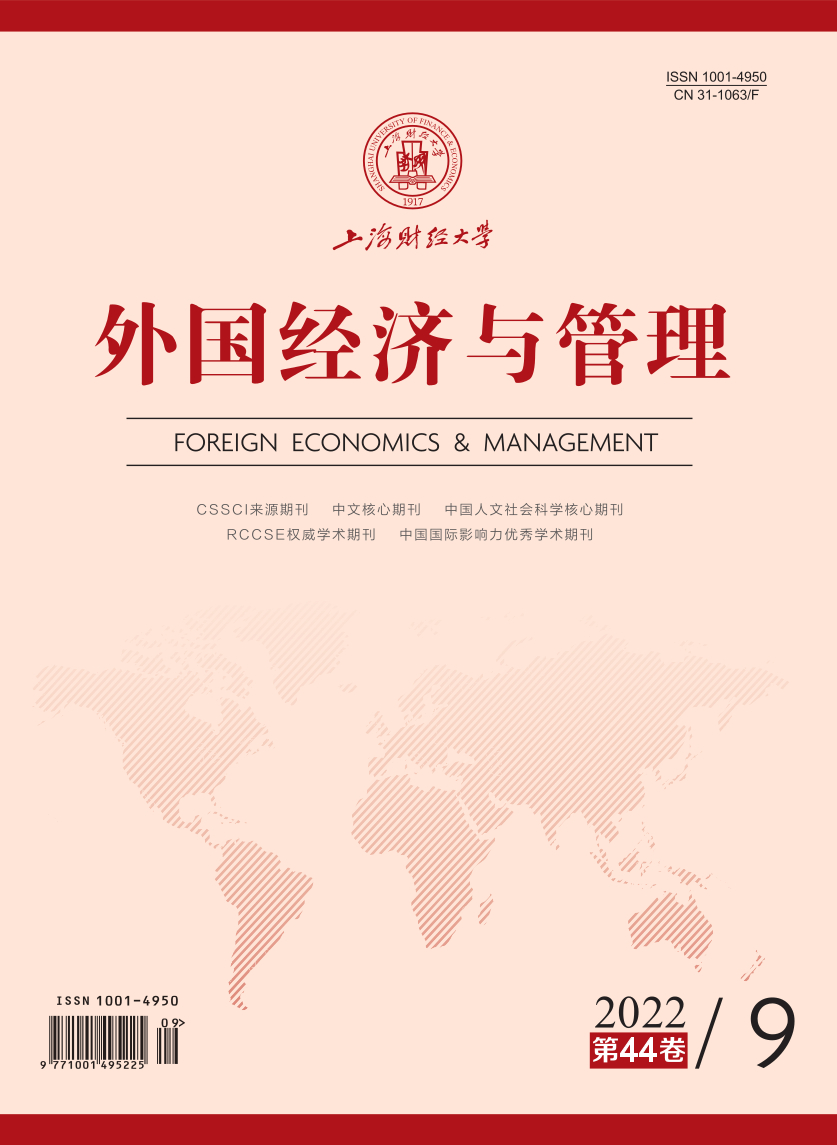How overseas subsidiaries can seek resource support from the parent company while maintaining a certain degree of independence has become a key issue. This paper finds that there is controversy in existing studies on the impact of parent-subsidiary linkages on overseas subsidiaries, and there is a lack of further explanation for the phenomenon that strong parent-subsidiary linkages may not only promote the performance of overseas subsidiaries, but also inhibit the performance of overseas subsidiaries. The executives of the parent company have a great impact on the degree of parent-subsidiary linkages. Therefore, this paper studies the internal relationship between the overseas experience of parent company executives and the performance of overseas subsidiaries from the perspective of the experience of the host and non-host countries, and deeply analyzes how the experience knowledge given by the overseas experience plays a role between the parent and subsidiary companies.
Based on the resource dependence theory, this paper finds that: When the parent company has special resources suitable for the environment of the host country, the close linkage between the parent company and its subsidiaries helps to promote the performance of overseas subsidiaries. That is, the host country experience of parent company executives has a positive relationship with the performance of overseas subsidiaries. When the parent company has common resources applicable to the global environment, overseas subsidiaries will less rely on the common resources of the parent company. That is, the non-host country experience of parent company executives has no significant promoting effect on the performance of overseas subsidiaries. The intermediary effect analysis finds that parent company executives with the host country experience will pay more attention to the overseas subsidiaries of the host country, and will improve the performance of overseas subsidiaries by increasing the investment in financial resources. From the perspectives of institutional theory and resource-based view, this paper finds that the greater the cultural distance between the home country and the host country, the worse the institutional quality of the host country, and the less the local investment experience of the host country in overseas subsidiaries, the stronger the role of the host country experience of parent company executives in promoting the performance of overseas subsidiaries. On the basis of theoretical analysis, using the data of 7414 overseas subsidiaries of China’s A-share listed companies in the BvD-ORBIS Global Enterprise Database from 2011 to 2019 and the manually sorted data of the overseas experience countries of listed company executives, this paper supports the theoretical hypothesis through the empirical test.
This paper studies the internal relationship between the overseas experience of parent company executives and the performance of overseas subsidiaries, enriching the relevant research on the overseas experience of executives and the performance of multinational enterprises. It deepens the existing literature on the impact of internal linkages of multinational enterprises on the performance mechanism of overseas subsidiaries. That is, the host country experience of parent company executives can promote the performance of overseas subsidiaries, and the non-host country experience of parent company executives has no significant impact on the performance of overseas subsidiaries. This paper also expands the relevant research on the disadvantages of outsiders, and finds that when overseas subsidiaries face stronger disadvantages of outsiders, the host country experience of parent company executives has a stronger role in promoting the performance of overseas subsidiaries.





 5390
5390  6590
6590

